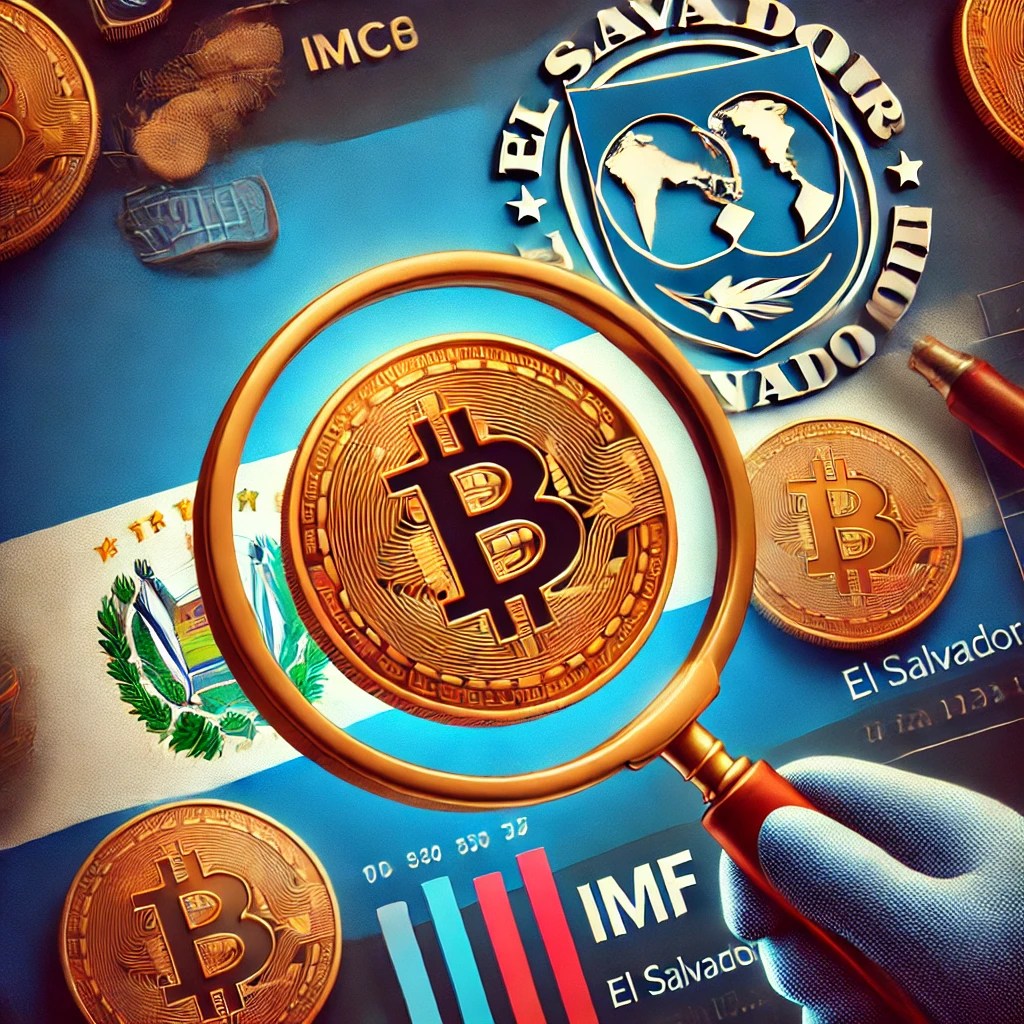The IMF Urges El Salvador to Reconsider Bitcoin Law Amid Scrutiny
Recent reports indicate that The International Monetary Fund (IMF) has raised concerns about El Salvador’s approach to its Bitcoin law, urging the country to narrow the law’s scope and reduce the public sector’s exposure to Bitcoin. This scrutiny comes following El Salvador’s decision to adopt Bitcoin as a legal tender in September 2021, with ongoing efforts to integrate the cryptocurrency within the region.
The IMF’s Call for Policy Change
In discussions with Salvadoran authorities about macroeconomic stabilization and reform policies, the IMF emphasized the need to address the risks associated with Bitcoin adoption in El Salvador. It highlighted the importance of strengthening regulatory oversight and enhancing the overall framework governing the country’s Bitcoin ecosystem.
The IMF is currently in talks with El Salvador to establish a program aimed at stabilizing the economy, supporting growth reforms, and addressing issues related to Bitcoin’s legal status. The organization has expressed concerns about the potential risks associated with El Salvador’s comprehensive embrace of Bitcoin, particularly in terms of fiscal policies and financial stability.
Next Steps for El Salvador
While Bitcoin has been integrated as an alternative currency in El Salvador, the IMF believes that many associated risks have yet to fully materialize. The organization has underscored the need for enhanced transparency and measures to mitigate potential fiscal and financial stability risks posed by the Bitcoin project.
Efforts are underway to ensure that El Salvador’s public sector does not become overly exposed to Bitcoin’s volatility and that the digital currency is well-regulated within the broader financial system. The IMF’s focus is on policies to strengthen public finances, boost bank reserve buffers, improve governance and transparency, and mitigate risks associated with Bitcoin.
El Salvador’s recognition of Bitcoin as a legal tender marked a significant global milestone and positioned the country as a leader in crypto innovation. The region has taken further steps to solidify its position as a crypto hub, including adding to its national Bitcoin holdings and launching educational initiatives to empower citizens with blockchain skills.
In conclusion, while El Salvador has made significant strides in embracing Bitcoin, there are ongoing discussions and efforts to address the associated risks and ensure a stable financial environment. The IMF’s recommendations for policy changes aim to safeguard against potential vulnerabilities and enhance the country’s resilience in the face of a rapidly evolving crypto landscape. Stay informed and engaged with the latest developments in El Salvador’s crypto journey.



